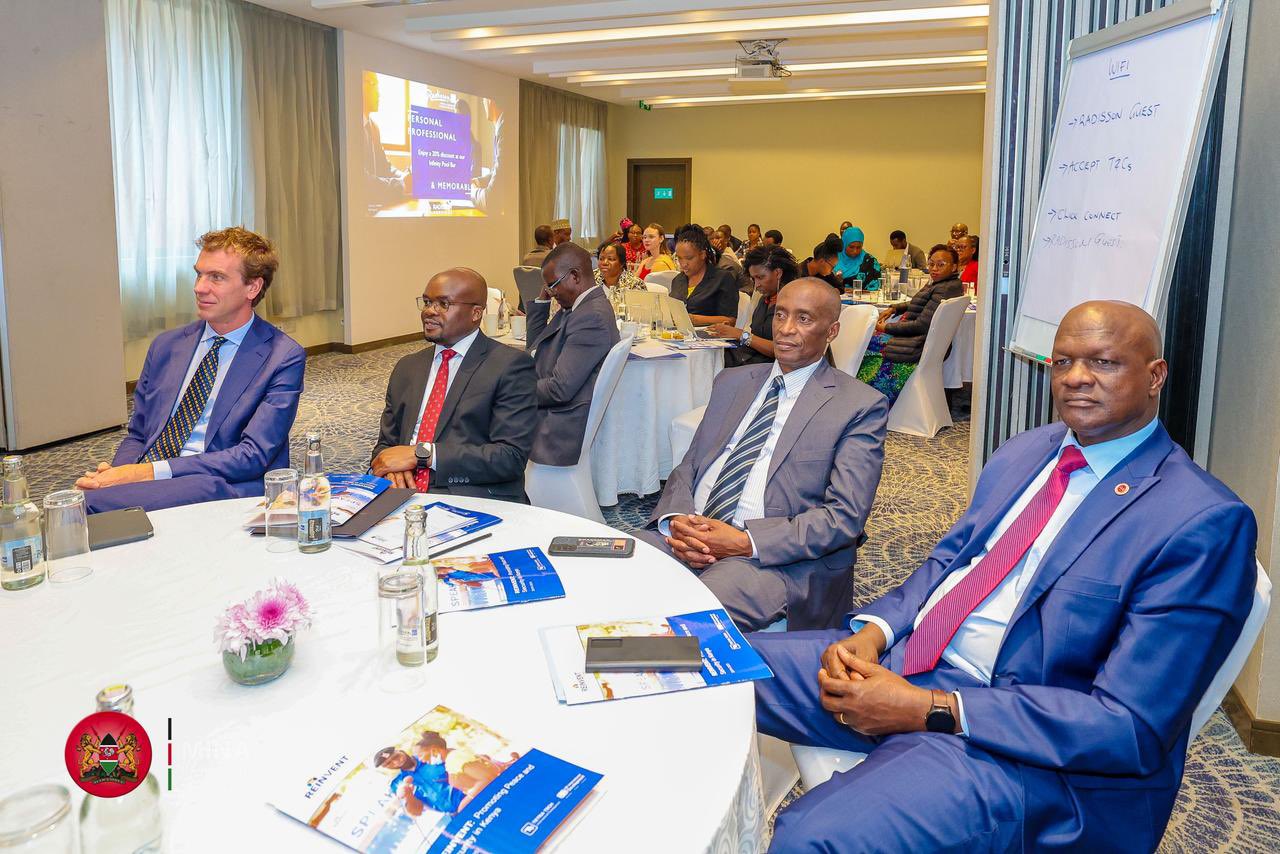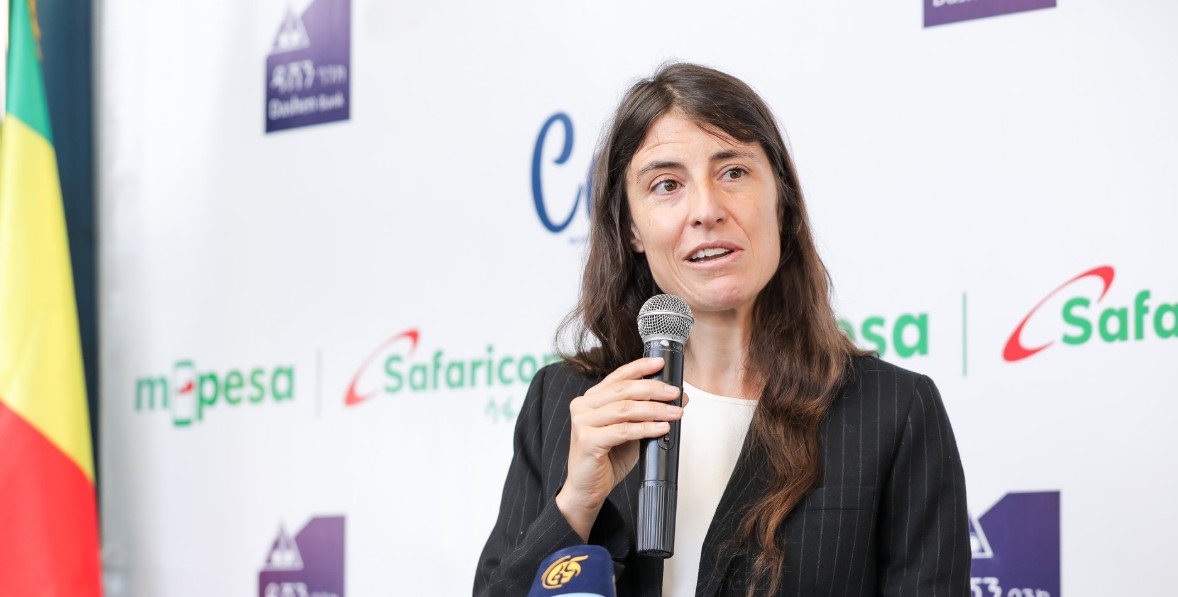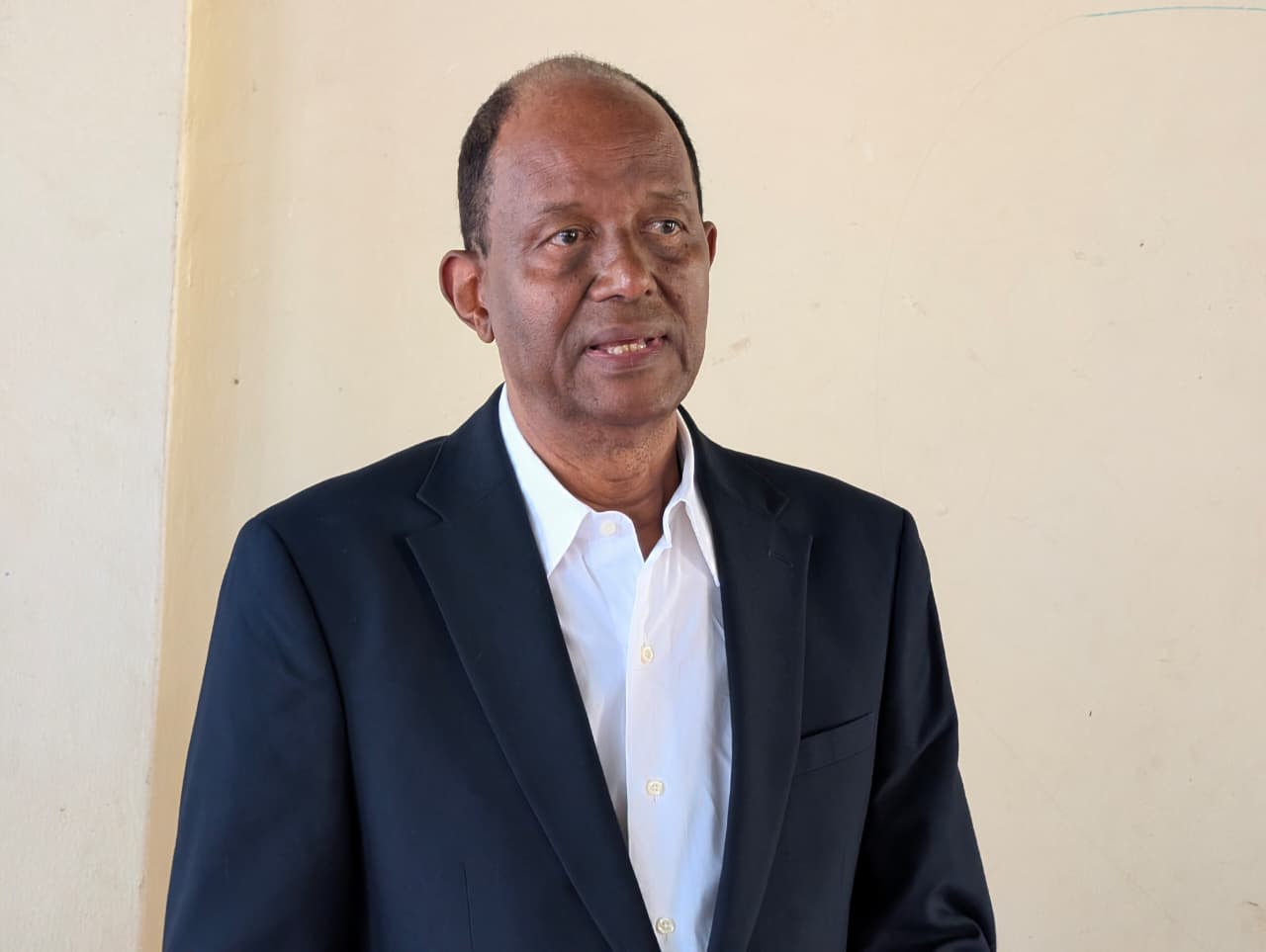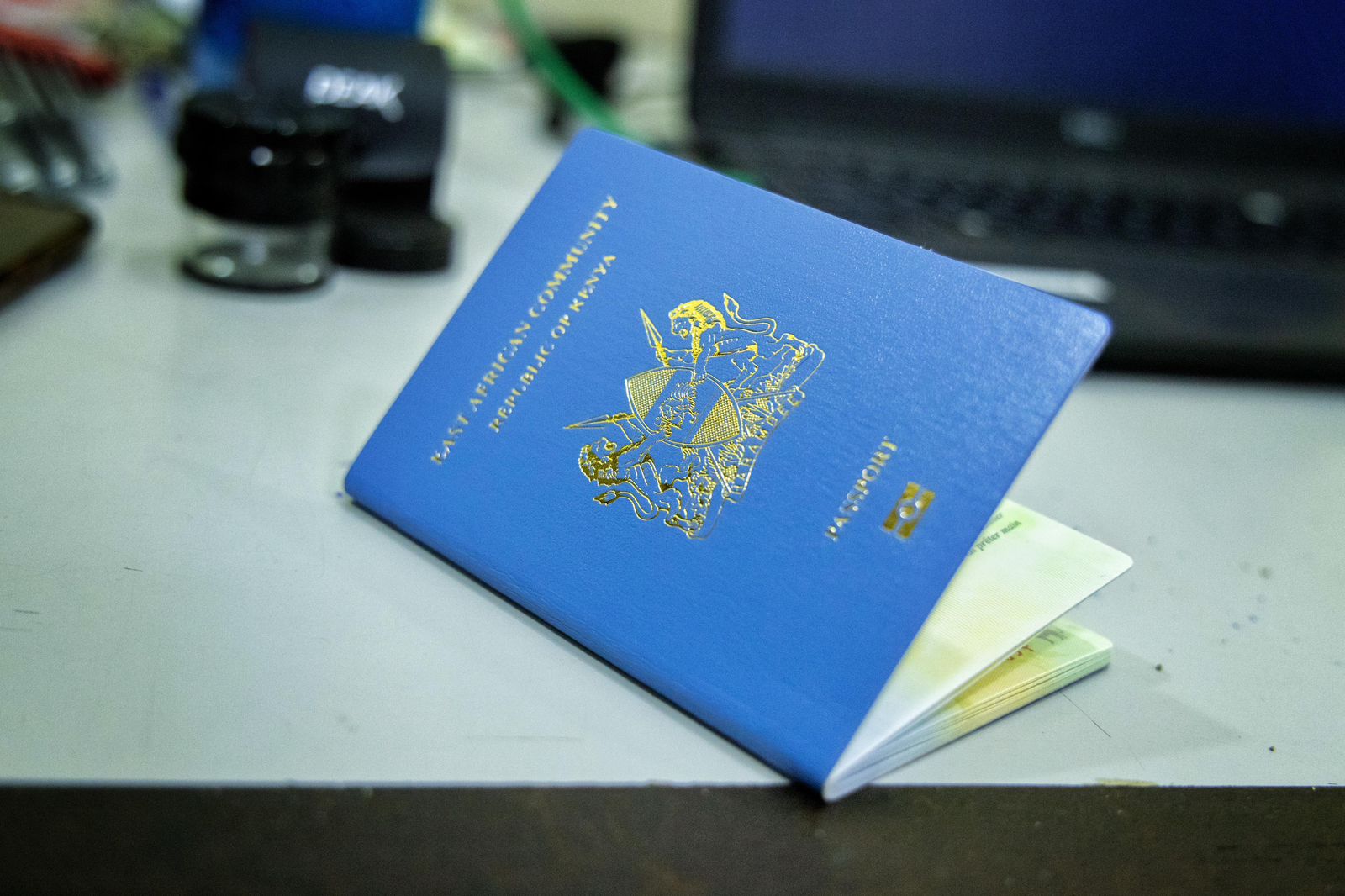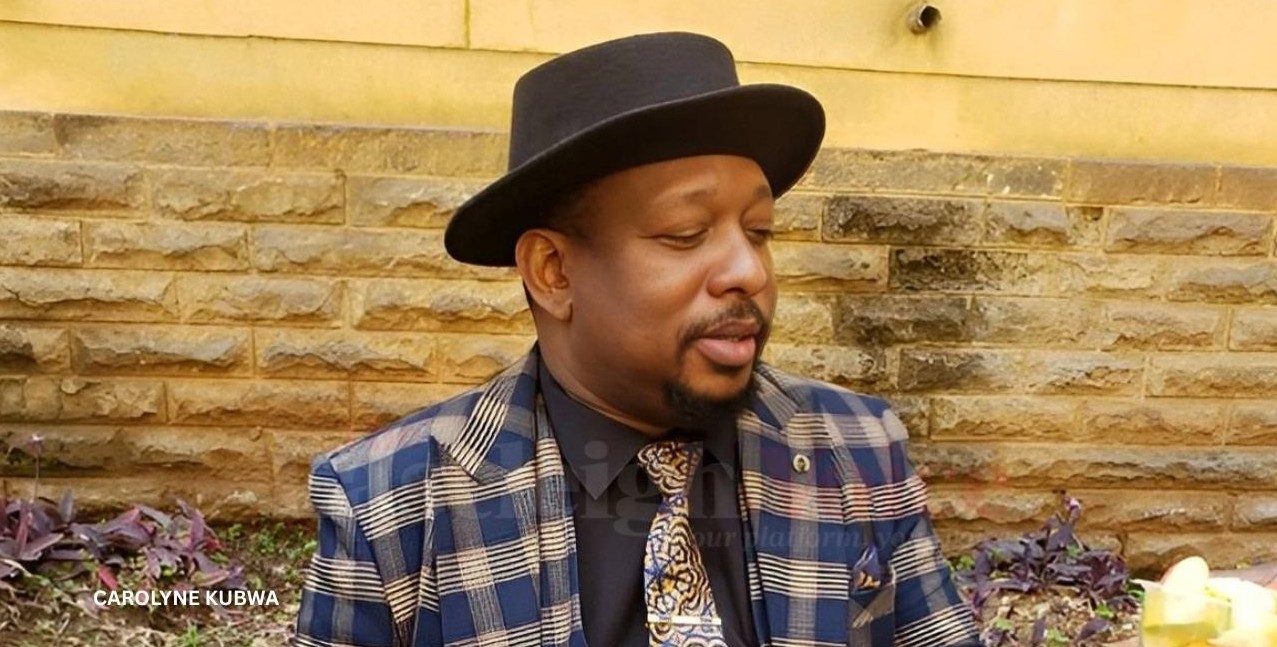A mother’s courage: Living with Parkinson’s disease while caring for child with cerebral palsy
Nduta is now on a mission to raise awareness about Parkinson’s in her community.
When Josephine Nduta first noticed changes in her body, she had no idea it was Parkinson’s disease.
Nduta, mother of two daughters, aged 25 and 15, the younger living with cerebral palsy, was once an active professional working as an administrative assistant. But life took an unexpected turn in 2019 when her body began slowing down, and simple tasks became a daily struggle.
More To Read
- The hidden connection between snoring, interrupted sleep and rising global Parkinson’s epidemic
- How tiny plastic particles disrupt the gut-brain axis and aggravate Parkinson’s disease
- Magic mushrooms may offer new hope for patients with Parkinson’s disease- researchers
- Exclusive: Dr Juzar Hooker sheds light on Parkinson’s disease, the silent neurological disorder with no cure
- Living for Joana: A mother's unyielding journey of raising a child with cerebral palsy
- Learning to live with Parkinson’s disease: A retiree’s new normal
“I realised something was wrong when I started dragging my right foot while walking,” she recalls. “My gait changed. I was shuffling, not walking. My muscles were weak, and I couldn’t even brush my teeth or wash clothes.”
Doctors initially misdiagnosed her with a pinched nerve and recommended physiotherapy. A pinched nerve occurs when too much pressure is applied to a nerve by surrounding tissues, such as bones, cartilage, muscles or tendons. This pressure can cause pain, tingling, numbness or weakness.
For three years, Nduta followed the advice with little to no improvement. Her condition worsened. It wasn’t until 2022, when a concerned friend took her to Kenyatta National Hospital, that she finally met a neurologist who recognised the signs immediately.
“The moment I walked into his office, he said he knew it was Parkinson’s disease,” Nduta says. “He did a few physical tests and confirmed it.”
Parkinson’s disease is a progressive neurological disorder that affects movement. While it is commonly associated with older people, Josephine’s experience challenges this belief.
“I thought it only affected people in their 70s, like Muhammad Ali or Billy Graham. I never thought it could happen to me in my 40s,” she says.
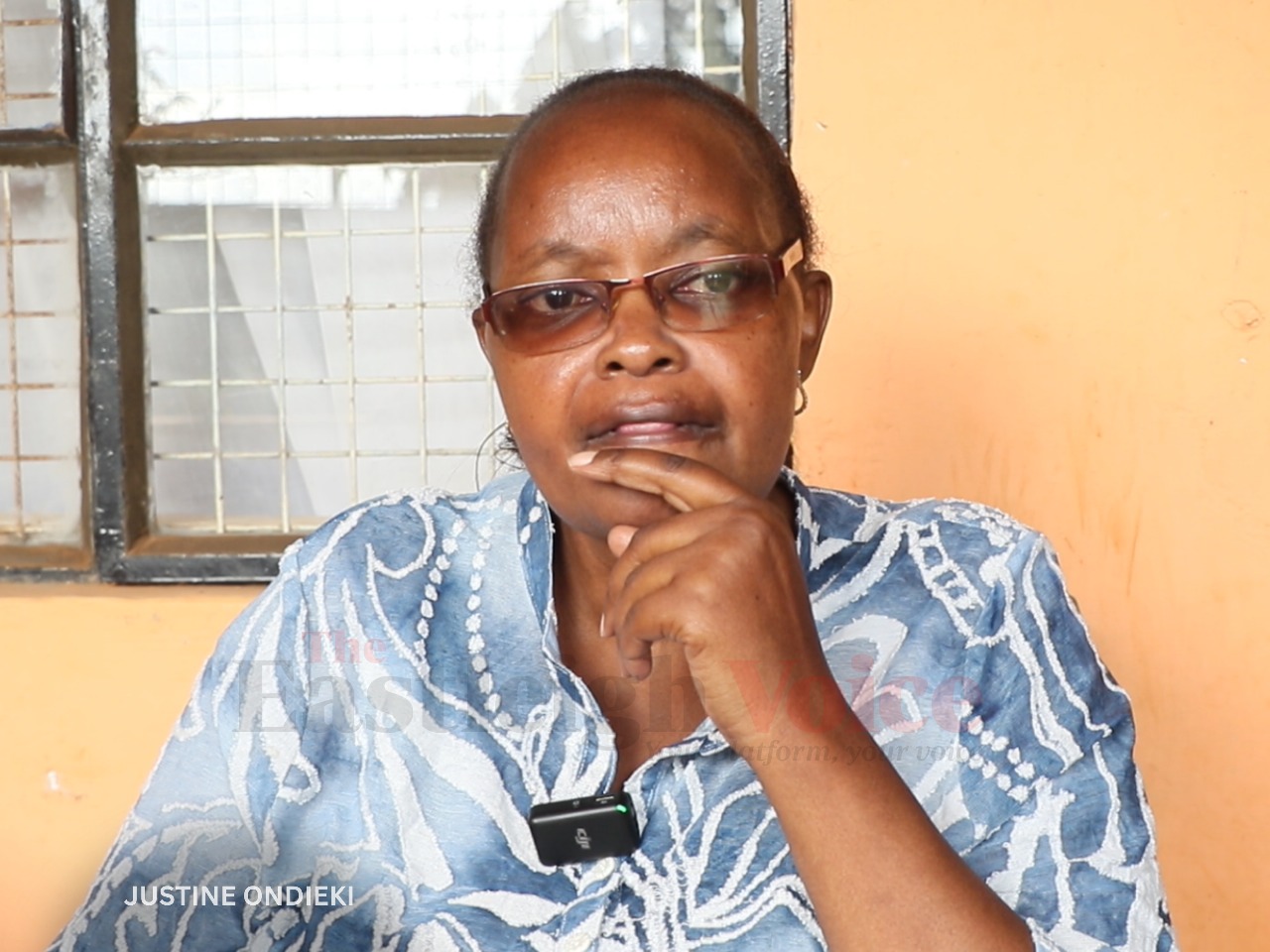 Josephine Nduta who lives with Parkinson's disease. (Photo: Justine Ondieki)
Josephine Nduta who lives with Parkinson's disease. (Photo: Justine Ondieki)
The diagnosis marked a life-altering shift. Nduta, once the carer for her daughter, now needed care herself. “There was a time I could change my daughter’s diaper in 30 minutes. Now, I can barely stand when it’s cold.”
Social isolation has also become part of her reality. Many people in her community do not understand the disease, with some even attributing it to curses. “Because of the stigma, I just choose to stay home with my daughter,” she says quietly.
Despite the challenges, Nduta has found hope in faith and support from others. Her daughter, though initially unaware of the condition, has shown strength and compassion. “I was scared to tell her, but she’s been very supportive.”
Comfort
She’s also found comfort in a Nairobi-based Parkinson’s support group. “When we meet and share our stories, I feel less alone. You realise it’s not just black people who are affected. The problem is a global condition, not a curse.”
The rising cost of medication, however, remains a major hurdle. “The drugs are expensive, and they are not covered by the Social Health Authority. The government should consider subsidising them,” she urges.
Nduta is now on a mission to raise awareness about Parkinson’s in her community. “There is very little awareness here. I’ve started explaining it to people, even to children in the family. One of my granddaughters once asked why I walk so slowly. I told her my nerves aren’t okay, and she just said, ‘I will pray for you.’ That touched me.”
Her strength lies not only in her resilience but in her unwavering faith. “The Word of God has kept me going. Even when I don’t know what tomorrow brings, I trust Him. I just take one day at a time.”
According to Dr Juzar Hooker, a leading consulting neurologist at Aga Khan University Hospital, Nairobi, Parkinson’s is a paradoxical illness—one that brings both too much movement and too little.
Parkinson’s disease is a neurodegenerative disorder, which means it involves the gradual loss of brain cells. Specifically, it targets melanin-rich cells deep within the brain that are responsible for producing dopamine, a chemical crucial for controlling movement.
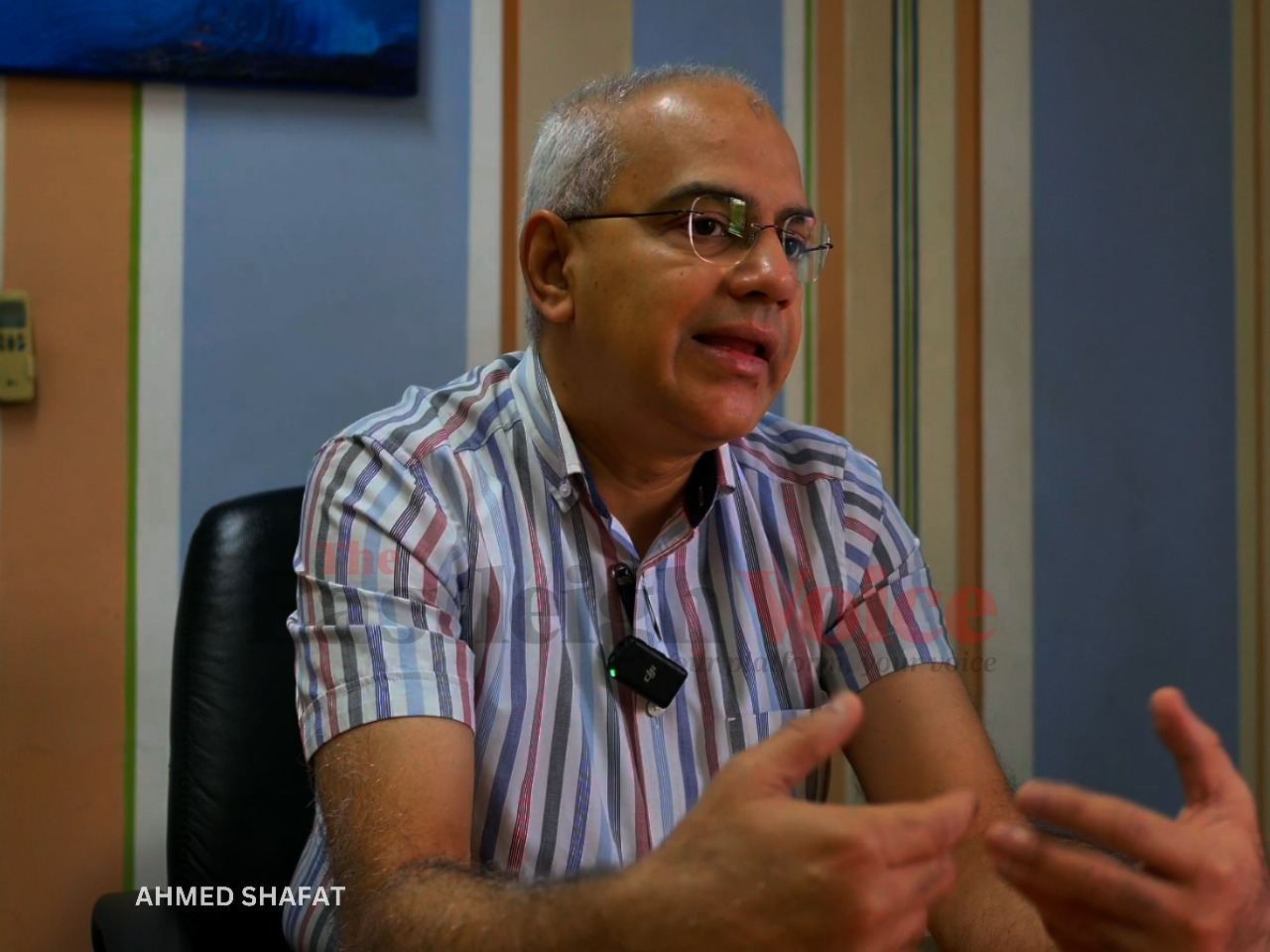 Dr Juzar Hooker, a leading consulting neurologist at Aga Khan University Hospital, Nairobi. (Photo: Ahmed Shafat)
Dr Juzar Hooker, a leading consulting neurologist at Aga Khan University Hospital, Nairobi. (Photo: Ahmed Shafat)
This loss is progressive, often starting up to 20 years before symptoms appear. Our brains are remarkably resilient, masking the problem until the damage reaches a critical point. Why this happens isn’t entirely clear, but researchers suspect a build-up of misfolded proteins that clump together, disrupting normal brain function.
“It’s still debated whether these clumps cause the disease or are just a by-product,” Dr Hooker explains. “However, environmental factors like pesticide exposure and genetic mutations are known to increase the risk.”
Interestingly, the body may whisper signs of Parkinson’s long before the tell-tale tremor. Loss of sense of smell, persistent constipation, and a unique sleep disturbance called REM sleep behaviour disorder—where people physically act out their dreams—have been linked to the early stages.
“Normally, we’re paralysed during dreams, but people with this disorder punch, kick or talk in their sleep,” Dr Hooker says. “Often, only a bed partner notices something’s wrong.”
Early diagnosis
These subtle signs are often overlooked or dismissed, yet they could be vital clues to an early diagnosis.
Despite advances in technology, diagnosing Parkinson’s remains largely clinical. Doctors look for specific patterns—stooped posture, shuffling gait, slow movements, tremors, and stiffness. Sometimes, even a patient’s walk into the waiting room is enough for a seasoned neurologist to suspect the condition.
“We listen to the patient’s story, examine them thoroughly, and rule out other conditions,” says Dr Hooker. “In cases of uncertainty, we use brain scans like MRI or DaTscan to support our diagnosis.”
There’s currently no cure for Parkinson’s, but treatments can greatly improve quality of life. In Kenya, however, access to comprehensive care remains limited.
The first line of treatment is levodopa, a medication that replaces the brain’s dwindling supply of dopamine. Its most common brand is Sinemet, which, though available in urban pharmacies, can be costly and is often unavailable in rural areas.
Beyond medication, exercise, physiotherapy, speech therapy, and psychosocial support can play crucial roles in managing symptoms. Unfortunately, these services are in short supply across the country.
“We have very few professionals trained in Parkinson’s care,” Dr Hooker notes. “Even basic services like speech therapy are scarce, making long-term support for patients a serious concern.”
Parkinson’s is a lifelong condition that worsens over time. It affects not only movement but also independence, mental health, and the ability to engage with life. Though there is no known way to halt or reverse the disease, medication and therapy can delay complications and maintain dignity for as long as possible.
“Parkinson’s doesn’t just affect the body—it impacts identity, relationships, and emotional wellbeing,” Dr Hooker emphasises. “Raising awareness, improving access to care, and supporting patients and families must become national health priorities.”
Top Stories Today

